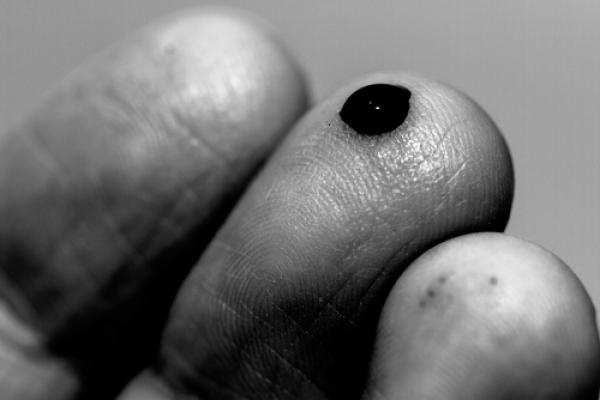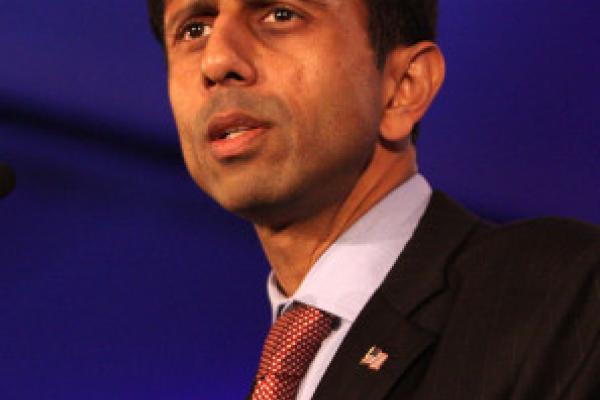I used to hate Good Friday. Jesus dying a gruesome and unjust death didn’t seem particularly “good” to me. Even now, when I watch a Jesus movie like The Greatest Story Ever Told (or let’s be real: Jesus Christ Superstar), I find myself secretly hoping that someone in the crowd will say “wait a second! Just four days ago we really liked this guy. Crucifixion is a terrible idea, let’s go have Passover.” Mic drop.
The idealist and optimist in me would prefer to be reminded that the cross was empty, that Jesus was alive, to focus less on Good Friday and more on Easter Sunday. But I have come to appreciate the image of Christ on the cross much more now that I’m an adult and there are things that I have said and done in my life that deserve a reckoning. Jesus is there, gladly bearing my sin on the cross.
I’ve come to appreciate that there are so many broken and twisted places in this world that need a Redeemer. And Jesus is there, undoing the power of sin and evil on the cross.
Don’t you hate it when you accidentally slice the tip of your finger on one of your knives and the cut is deep enough to draw blood? Or when one of the cats gets a little too playful with the claws and you’re soon looking for a bandage?
Nobody likes to bleed, even though bleeding is part of life. To live is to bleed. If we’re not bleeding, we’re not living.
We all bleed lots of times, in lots of ways. We skin our knees and scrape our emotions. We often have to head for the medicine cabinet for a bandage. Sometimes, we feel like we need a tourniquet.
There are the little, daily cuts that we all get. Someone says something that hurts our feelings. Something doesn’t turn out the way that we’d hoped, and we get discouraged. A project that we’ve invested so much of ourselves into gets rejected, and we feel rejected, too.
It happens all the time.
Sometimes, we wind up with a deep spiritual cut that needs to be stitched closed with the help of others. A relationship ends. A job disappears. A tumor appears. A storm blows through our neighborhood and destroys what we’ve built over the years.
I admire those who learn not only to accept the blood-stained moments, but to embrace them. They develop a capacity to see beyond the momentary hurt. They recognize that bleeding is part of the grand process of life.
And they bleed joyfully.
Jews in the eastern Ukrainian city of Donetsk where pro-Russian militants have taken over government buildings were told they have to “register” with the Ukrainians who are trying to make the city become part of Russia, according to Israeli media.
Jews emerging from a synagogue say they were handed leaflets that ordered the city’s Jews to provide a list of property they own and pay a registration fee “or else have their citizenship revoked, face deportation, and see their assets confiscated,” reported Ynet News, Israel’s largest news website.
Donetsk is the site of an “anti-terrorist” operation by the Ukraine government, which has moved military columns into the region to force out militants who are demanding a referendum be held on joining Russia.
Louisiana Gov. Bobby Jindal, widely considered a rising star in the Republican Party and a possible 2016 presidential candidate, will be the commencement speaker at Liberty University on May 10.
In an interview, Falwell was hesitant to give his personal opinion of Jindal since the two men have never met. Instead, he deferred to Liberty’s law school dean, Mat Staver.
“He’s a committed Christian,” Falwell said. “Mat Staver said he heard him speak and he sounded like a Baptist preacher.”
 Editor's Note: Sojourners is celebrating Earth Week with a special message series every day next week. Click here to join us!
Editor's Note: Sojourners is celebrating Earth Week with a special message series every day next week. Click here to join us!
“Behold, I am making all things new!” says Jesus in the book of Revelation. It’s this spirit of hope and second chances that we celebrate at Easter time. Life triumphs over death and decay. We get a second chance.
But what about our planet? A cursory glance shows us that God’s creation could use some renewal.
Creation is definitely groaning. We’re losing species, spilling oil, and changing our climate at an alarming rate. We’re building sea walls and responding to pumped-up natural disasters. Energy companies are pushing for even more access to the fossil fuels that are harming God’s creation. Action from Congress seems far away, and moneyed special interests are working hard to block other kinds of action.



